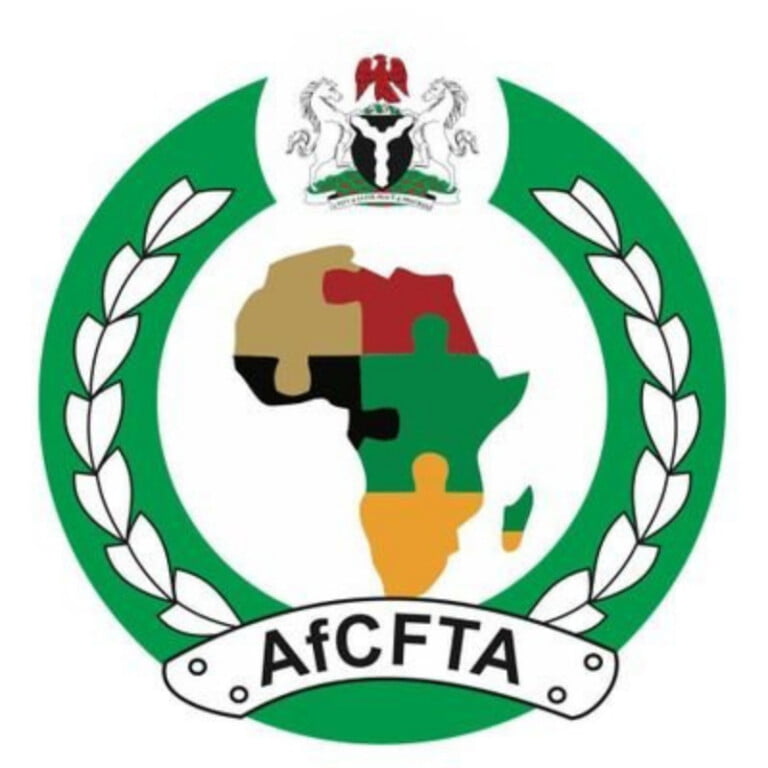 The Guardian reports that the Federal Government has advised insurance companies in Nigeria to explore the huge opportunities in African Continental Free Trade Area (AfCFTA) for market expansion and economic stability
The Guardian reports that the Federal Government has advised insurance companies in Nigeria to explore the huge opportunities in African Continental Free Trade Area (AfCFTA) for market expansion and economic stability
Vice President Yemi Osinbajo, who addressed the insurance industry leaders at the just-concluded investiture of Tope Smart as the 47th African Insurance Organisation (AIO), stated that more trade in goods would translate to more underwriting businesses.
Osinbajo stressed that brokers, in particular, should expect a boom as trade facilitation services rise, but that companies that already have market presence in other African countries, even if by collaboration, would benefit more.
“The free trade agreement presents a major opportunity for African countries. By some estimates, if we get it right, we can bring several millions out of extreme poverty and raise the incomes of 68 million others who live on less than $5.5 per day. There are potential income gains of up to $450 billion as cutting red tapes and simplifying customs procedures alone could drive up to $250 billion,” he said.
He urged operators not to be surprised to see more well-capitalised insurance providers from other African countries coming to compete in the Nigerian market soon.
“Services can be set up faster than manufacturing plants. Nigerian financial services companies, especially banks, are already in many African countries, the likes of Zenith, Access and UBA. How about insurance companies? We should now be looking at developing homegrown international African insurance conglomerates. The time is now,” the VP said.
READ ALSO:https://brandpowerng.com/vat-confusion-as-rivers-lagos-state-insist-on-collection/
Speaking on how prepared the industry is on climate change, the VP referenced a Mackenzie podcast transcript and stated: “It was quite eye-opening. While there will be opportunities for new insurance products and solutions, especially in the property and casualty segment of the business, insurance companies must also be prepared for the systemic nature of climate-induced damage, with the possibilities of market failures and more system-wide destabilisation.
“Here in Nigeria, the growing intensity of flooding and damage to vast agricultural acreages might have a knock-off effect on other areas of the economy. A further slump in the economy is bad for everyone, even insurers.
For Africa, he said: “There is perhaps a more significant challenge. In the past two years, the wealthier countries, after building their economies on fossil fuels, are now banning or restricting public investments in fossil fuels, including gas.”
Seven European countries, including France, Germany, and the United Kingdom, announced that they would halt public funding for certain fossil fuel projects abroad.
“Also, the World Bank and other multilateral development banks are being urged by some shareholders to do the same. The African Development Bank, for instance, is increasingly unable to support large natural gas projects. Already, some OECD-based insurance companies are committing to reducing their commitments to carbon-intensive industries by 2030.”






















